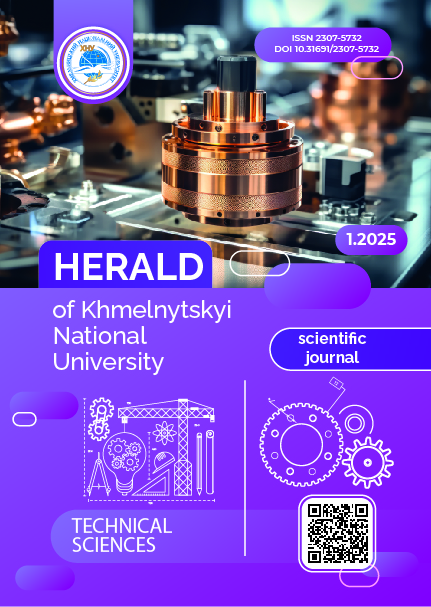HIGHER EDUCATION IN THE AGE OF ARTIFICIAL INTELLIGENCE: OPPORTUNITIES AND CHALLENGES
DOI:
https://doi.org/10.31891/2307-5732-2025-347-41Keywords:
artificial intelligence, higher education, personalized learning, academic integrity, generative AI, adaptive learning systemsAbstract
The purpose of this article is to examine the impact of artificial intelligence (AI) on higher education, focusing on its potential to transform key areas such as personalized learning, administrative task automation, and academic integrity. AI offers powerful tools for tailoring educational experiences to individual students’ needs, using algorithms to identify strengths, weaknesses, and learning preferences. This allows institutions to deliver more engaging and effective education. Furthermore, AI can automate routine administrative tasks like grading, scheduling, and enrollment processing, freeing educators to focus on teaching and mentorship. It also plays a critical role in maintaining academic integrity by detecting plagiarism and other unethical practices.
At the same time, integrating AI into education raises significant ethical and social concerns, particularly around student privacy and data security. With the increasing reliance on AI technologies, issues such as data misuse and surveillance risks demand urgent attention. This study uses a comprehensive methodology, including the analysis of international guidelines from UNESCO and the European Commission, as well as a survey of students regarding their experiences and attitudes toward AI in education.
The results highlight both the benefits and challenges of AI adoption in higher education. Key advantages include personalized learning paths, automated assessments, and improved inclusivity for students with disabilities. However, risks such as over-reliance on AI, which could stifle critical thinking skills, and threats to academic integrity, remain significant.
The scientific novelty of this research lies in its balanced exploration of the opportunities and challenges posed by AI. Its practical significance is reflected in its potential to inform the development of policies and strategies for integrating AI into educational programs. These recommendations aim to maximize the benefits of AI while addressing its risks, ensuring its responsible and effective use in higher education.
Downloads
Published
Issue
Section
License
Copyright (c) 2025 ТЕТЯНА СІЧКО, ОКСАНА ЗЕЛІНСЬКА, ДАР’Я АФАНАСЬЄВА (Автор)

This work is licensed under a Creative Commons Attribution 4.0 International License.

